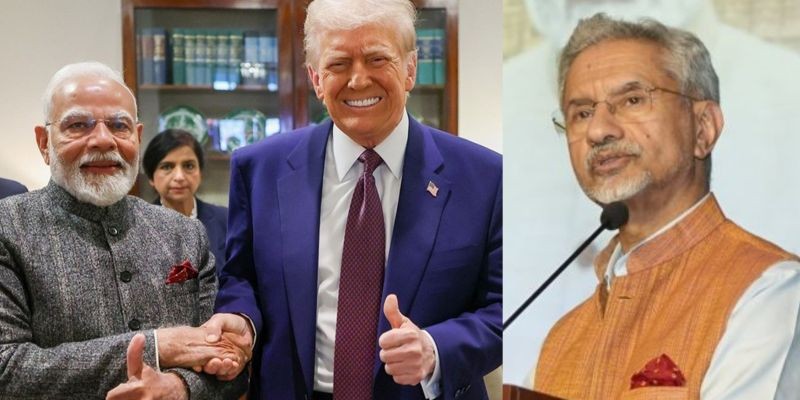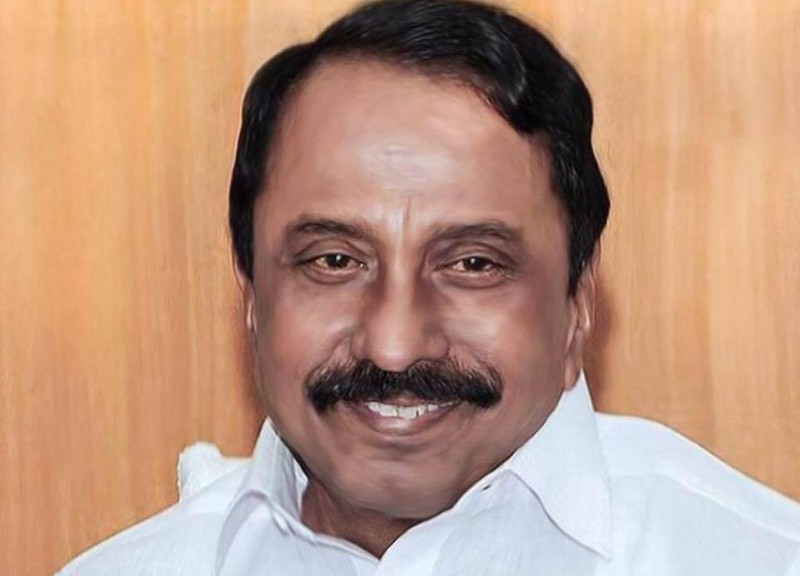Misusing Faith: How some Sikh Institutions are failing the community

The Sikh diaspora, known for its generosity and commitment to community service, has long been a pillar of support for gurdwaras and Sikh institutions worldwide.
These organizations, often funded by the collective contributions of the sangat (community), are expected to uphold the highest standards of integrity and transparency, reflecting the core teachings of Sikhism: honesty, selfless service, and the oneness of humanity.
Yet, recent events have revealed a disturbing pattern of fund misuse and misappropriation, casting a shadow over the very institutions meant to uphold these values.
In Canberra, Australia, Prabhdeep Singh Sandhu, Secretary of the Canberra Sikh Association (CSA), is embroiled in allegations of financial misconduct. Sandhu allegedly withdrew substantial amounts—41,000 and 5,500 local currency—from the CSA’s official bank account to cover legal fees related to a defamation suit against him.
The suit was brought by Satnam Singh, the former President of CSA. What makes this situation particularly egregious is that these withdrawals were reportedly made without the knowledge or consent of other CSA committee members.
This breach of trust not only raises questions about Sandhu’s actions but also about the governance and oversight mechanisms within the CSA.
This issue is not isolated. Across the globe, in the UK, the Sikh Federation UK (SFUK), a prominent organization claiming to represent Sikh interests, faces serious allegations of financial impropriety.
According to a report by the Network of Sikh Organizations, the SFUK has allegedly spent hundreds of thousands of pounds on promoting an agenda that emphasizes an exclusive Sikh ethnicity, a move that starkly contradicts the inclusive teachings of the Sikh Gurus.
Despite repeated inquiries, the SFUK has failed to disclose the exact amount spent or the proportion of these funds that were donated by the sangat.
Worse still, gurdwaras in Wolverhampton and Southampton have reportedly seen their funds depleted, raising concerns about the misdirection of resources that were meant to serve local communities.
Adding to the controversy, an audio clip recently surfaced in which Jaswinder Singh Maloya, the son of Beant Singh (one of the assassins of Indira Gandhi), accuses the SFUK of siphoning off funds and failing to support the Sikh community meaningfully.
Maloya, who travelled from Australia to the UK at the SFUK’s invitation for a radio show, expresses his dismay at the organization’s neglect and disrespect towards him, and more importantly, towards the cause they claim to champion. His criticism highlights a troubling disconnect between the SFUK’s public image and its actual conduct.
These incidents reflect a broader problem within some Sikh institutions and gurdwaras, where the focus has shifted from genuine community development to the promotion of divisive agendas and personal gain.
The misuse of funds—whether to settle personal legal battles or to advance narrow political objectives—represents a betrayal of the sangat’s trust and a deviation from the Sikh principles of transparency, equality, and service to all.
The Sikh community must take a stand against such practices.
There is an urgent need for greater accountability and transparency in the management of funds within Sikh institutions.
Committees must ensure that all financial transactions are conducted with the utmost integrity and that the funds donated by the sangat are used solely for the betterment of the community.
Moreover, it is essential to reject any attempt to use Sikh institutions as platforms for promoting exclusivist ideologies that run counter to the inclusive spirit of Sikhism.
At a time when the world needs the universal message of love and unity espoused by Guru Nanak, it is disheartening to see some Sikh institutions fall prey to the same divisive forces that have plagued humanity for centuries.
The sangat has a right to demand better from its leaders and to hold them accountable for their actions.
Only through collective vigilance and a return to the core values of Sikhism can we ensure that our institutions truly serve the purpose for which they were intended.
(Photo and text courtesy: Khalsavox.com)




